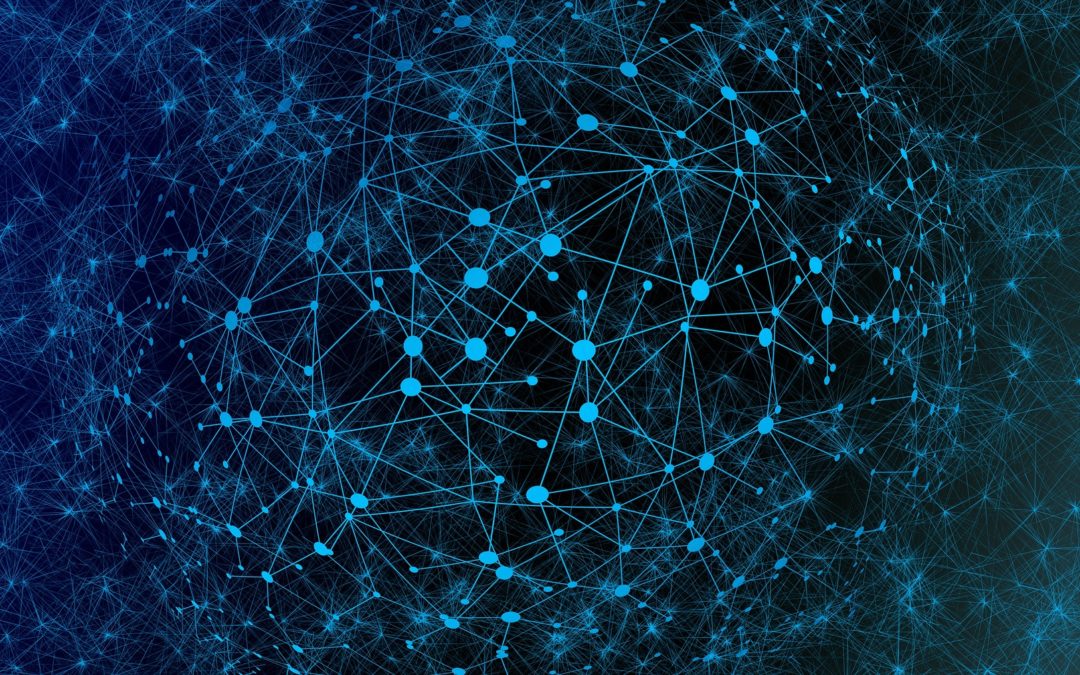One of the greatest aspects of running our ketamine clinic is being at the forefront of the mental healthcare industry during such a pivotal time. The discovery of ketamine for depression has reinvigorated researchers, and drawn attention to areas of the brain we may never have looked at. Based on this new understanding of how the depressed brain functions, new studies are being conducted, determine to get deeper and deeper into the working of the human brain.
So deep, in fact, that some researchers have been studying the mitochondria located within the individual neurons of the brain.
This study, performed by researchers at the University of Southern California, Los Angeles and recently published in Nucleic Acid Research, indicates a connection between the quantity of mitochondria and the presence of major depressive disorder. Conceptually, what researchers found makes a lot of sense: the mitochondria are responsible for turning the food we eat into the energy required for functionality at a cellular level. Without enough mitochondria, the cell cannot product enough energy to survive. Thus, it dies due to energy starvation.
The brain requires more energy than any other organ in the human body. Mitochondrial deletions, then, could have a major impact. Like depression, for example. In the subset of cadavers used in the study, a specific mitochondrial deletion was present in 23% of those with depression.
Of course, this research—while wildly interesting—could take years, or even decades to mature to the point of being useful in the treatment of depression. As of yet, the cause of these mitochondrial deletions is unclear—they could be trauma-induced as well as they could be genetic. Researchers also don’t know which areas of the brain these deletions tend to occur in. But ideally, in the future, patients could be treated on an individual basis based on their exact mitochondrial deletion. To get there, however, would require new brain imaging technology, since taking samples of human brain tissue is not a feasible option.
For now, patients suffering from depression will need to rely on the tried-and-true depression treatments currently available: psychotherapy, antidepressant medications, and ketamine infusion therapy. But it’s always interesting and exciting to follow developments in depression research. Check back with our blog regularly and stay informed!

Contact Ketamine Greater Boston
Ketamine Greater Boston is the leading provider of ketamine infusion therapy in the Greater Boston area and West Hartford, CT areas. We have performed thousands of infusions, and have seen ketamine treatments change the lives of countless patients. If you or a loved one is struggling, contact us today using the form below. We’re happy to answer your questions and point you in the direction of health and wellness.
No Fields Found.

Recent Comments